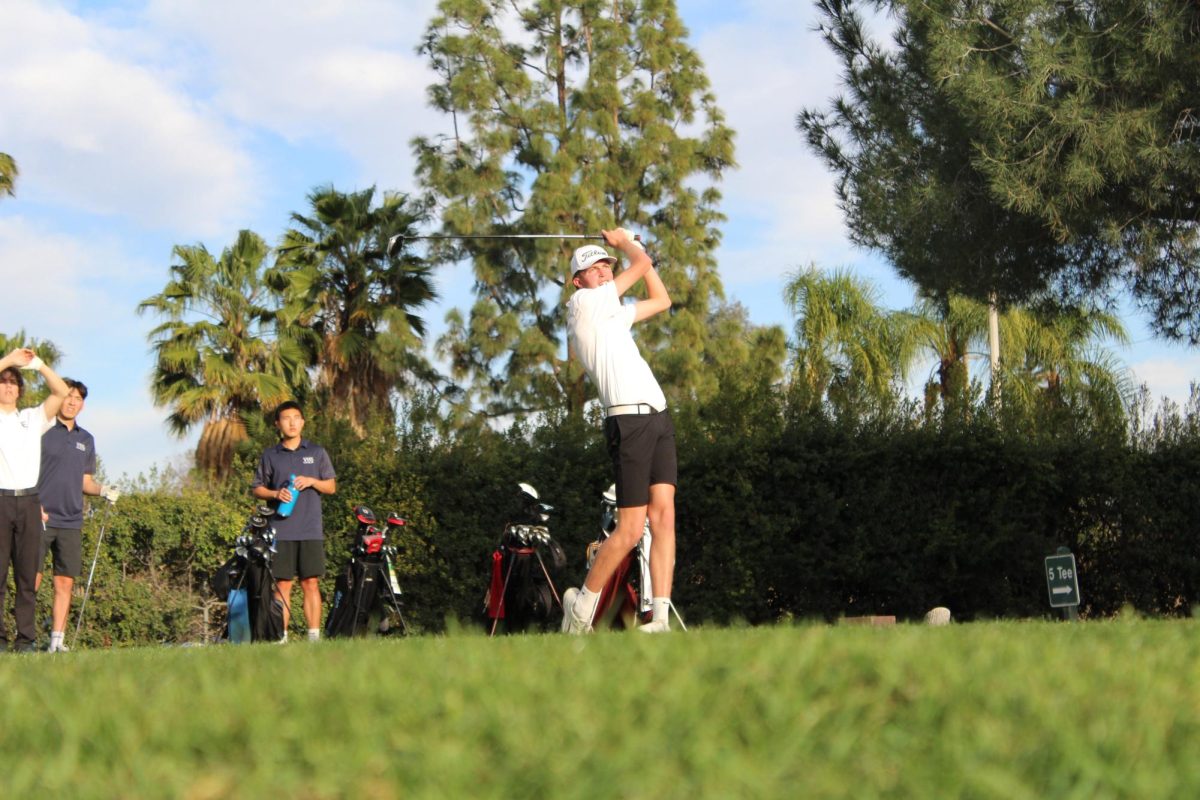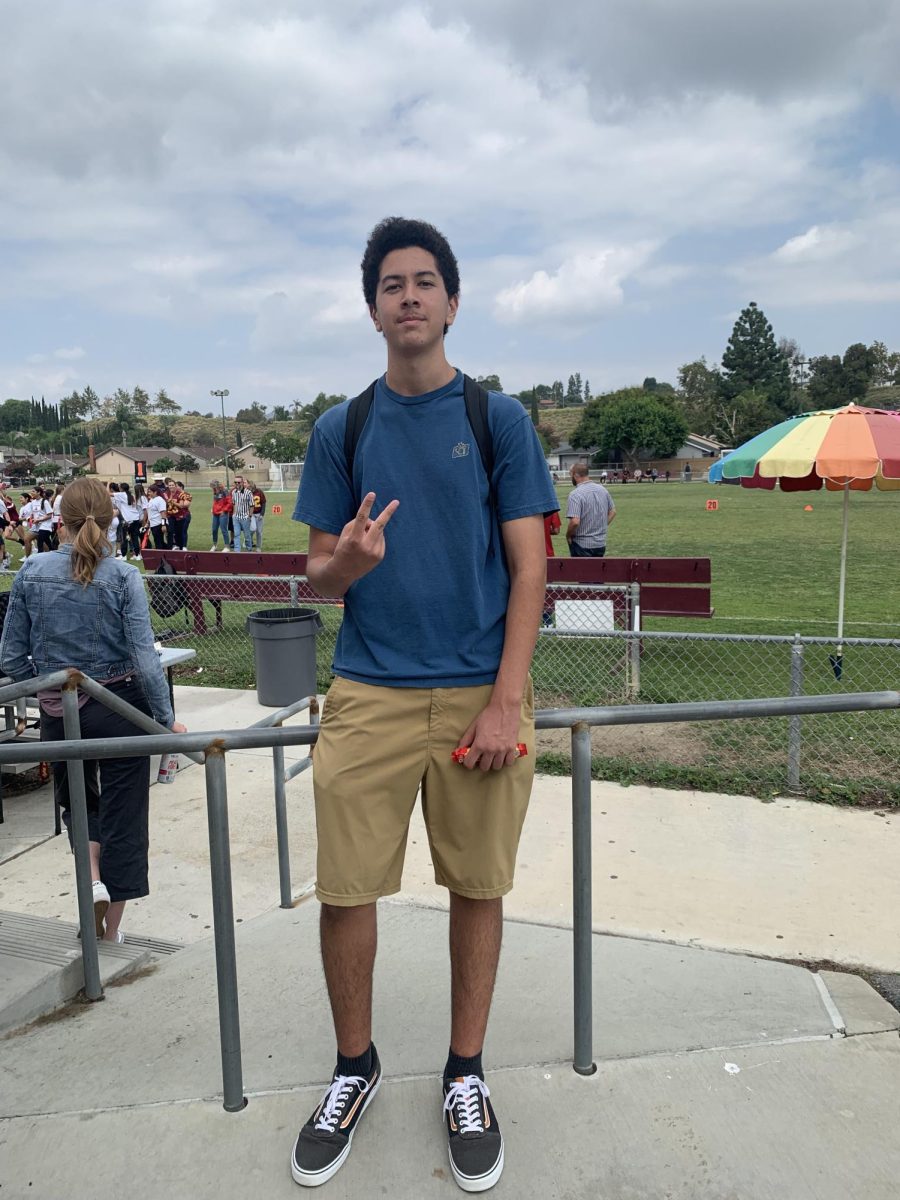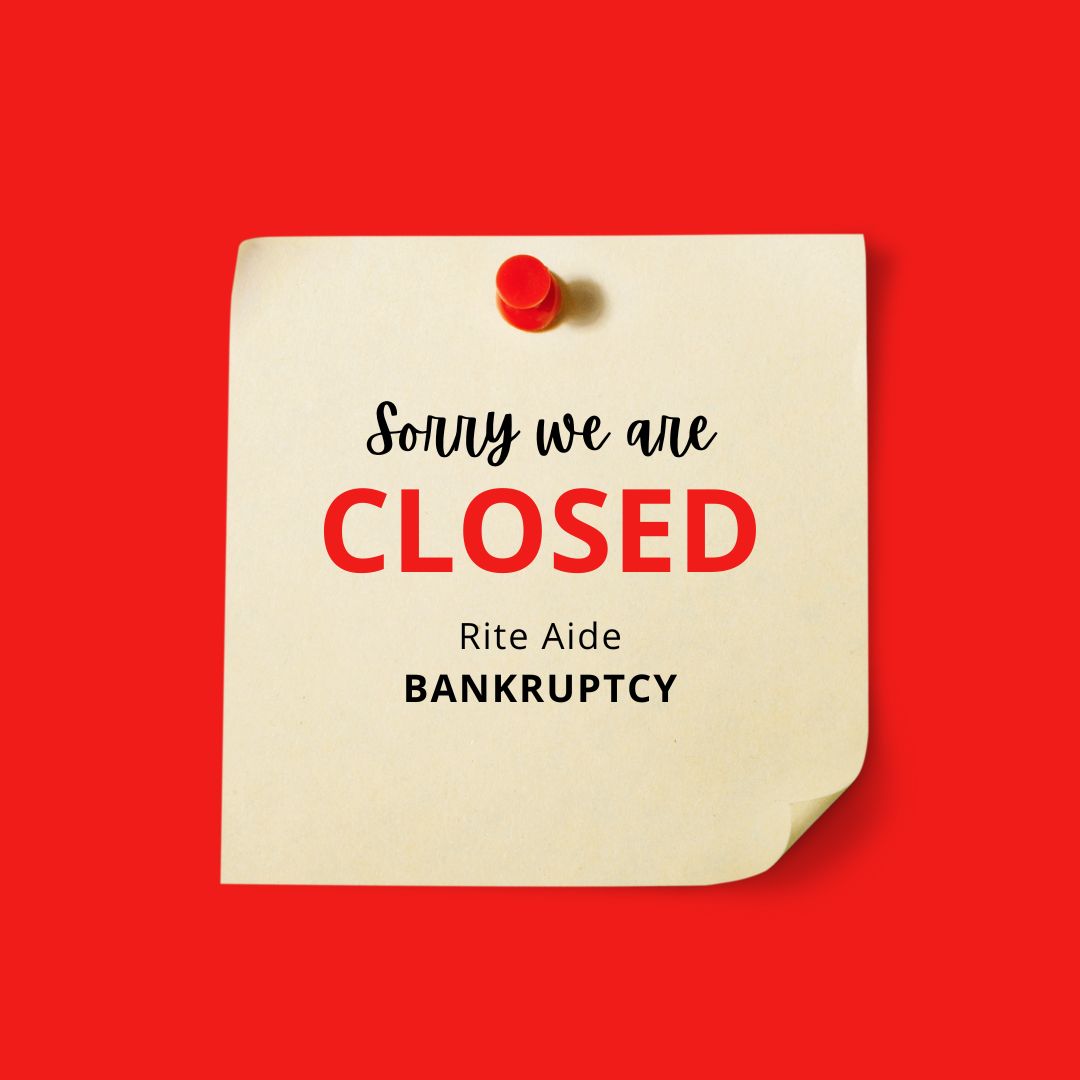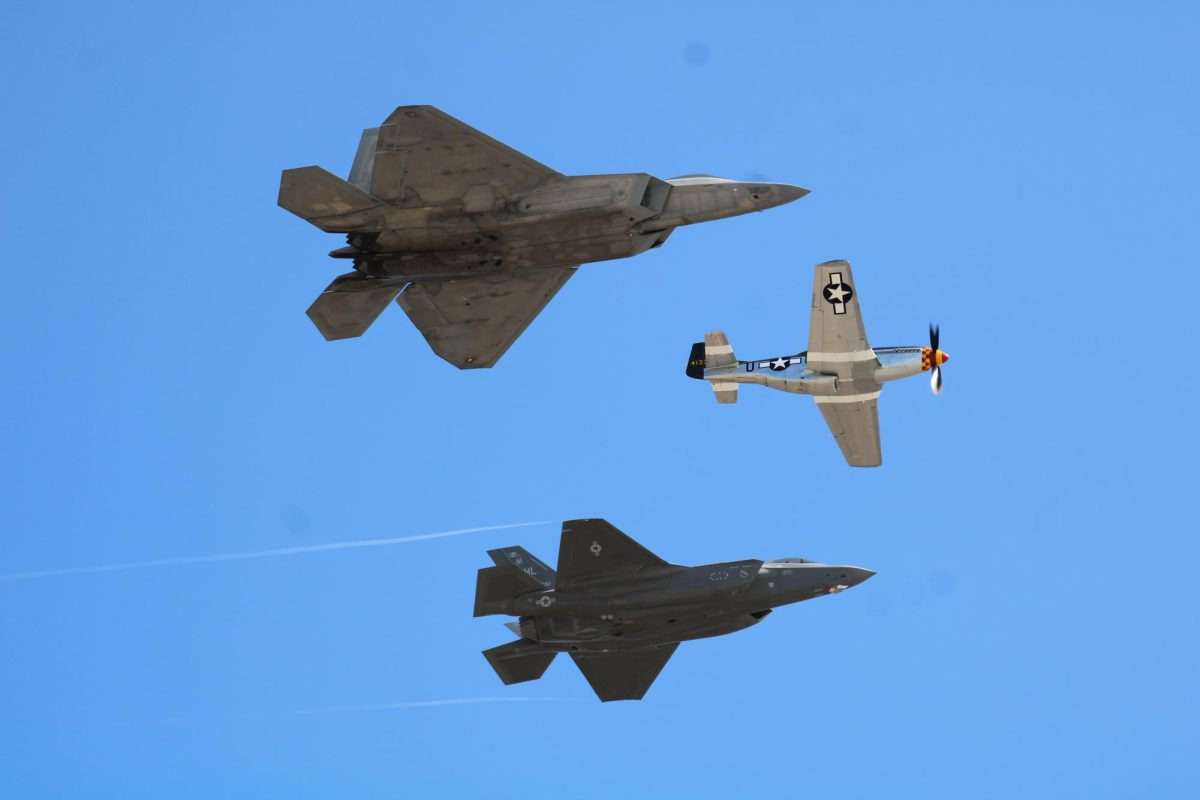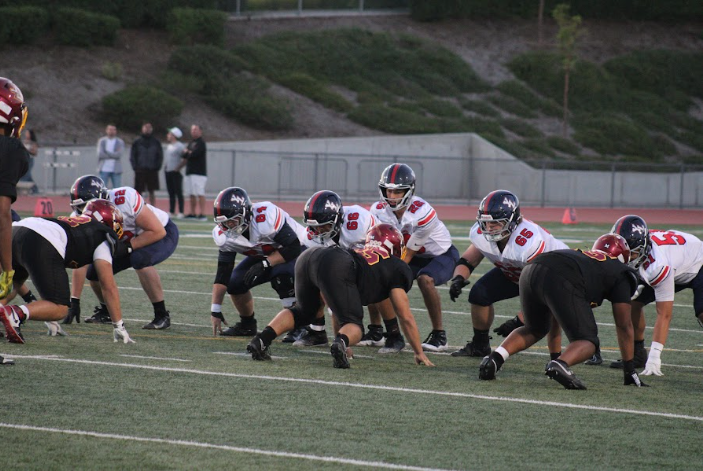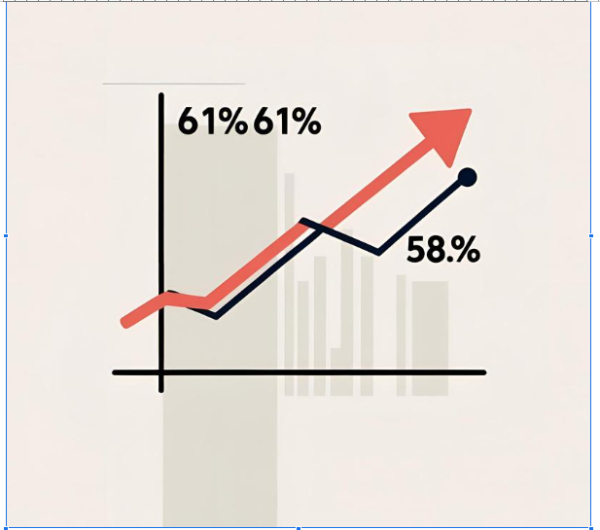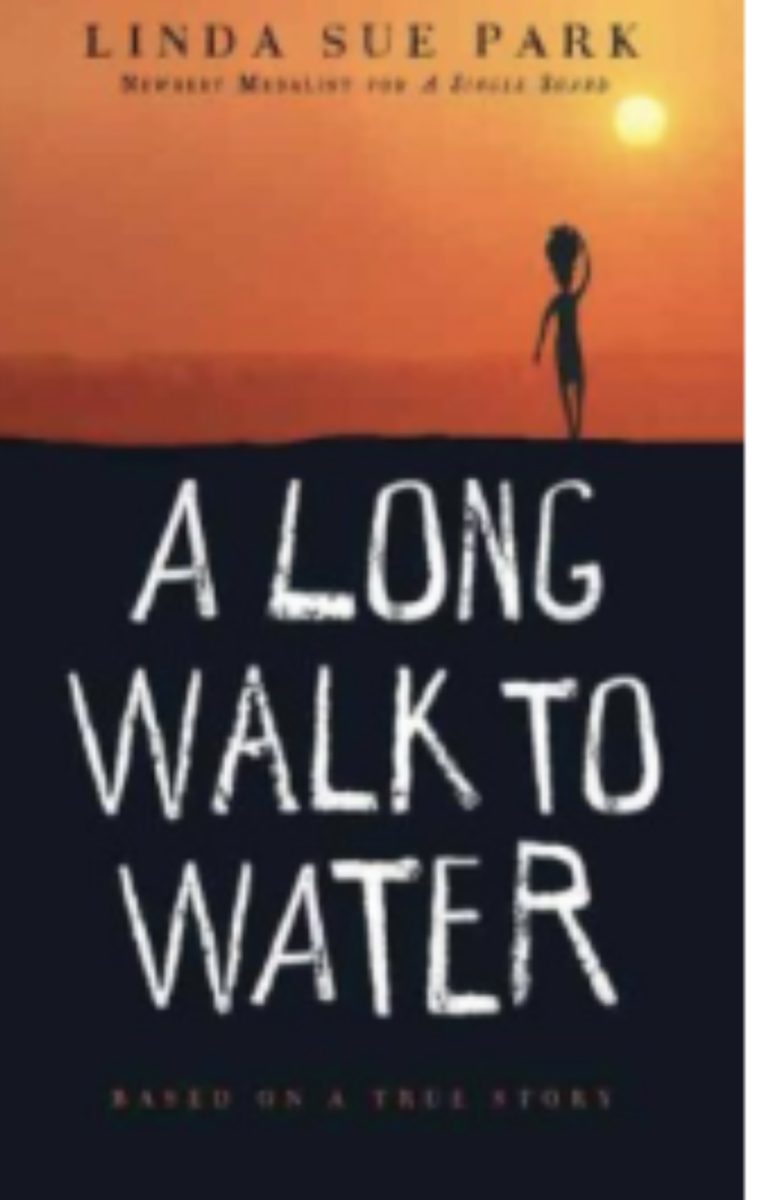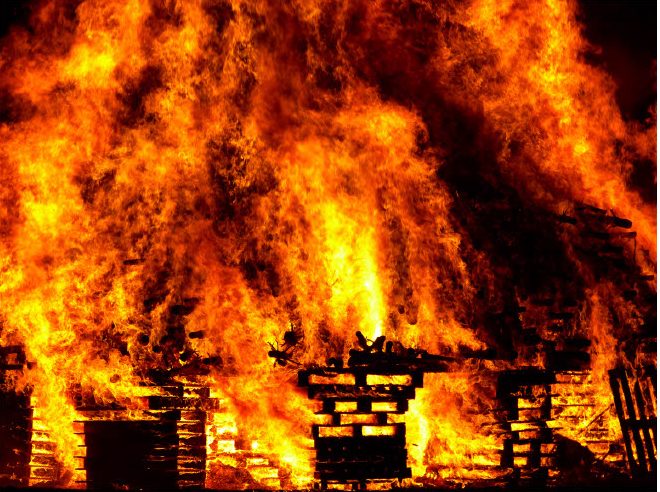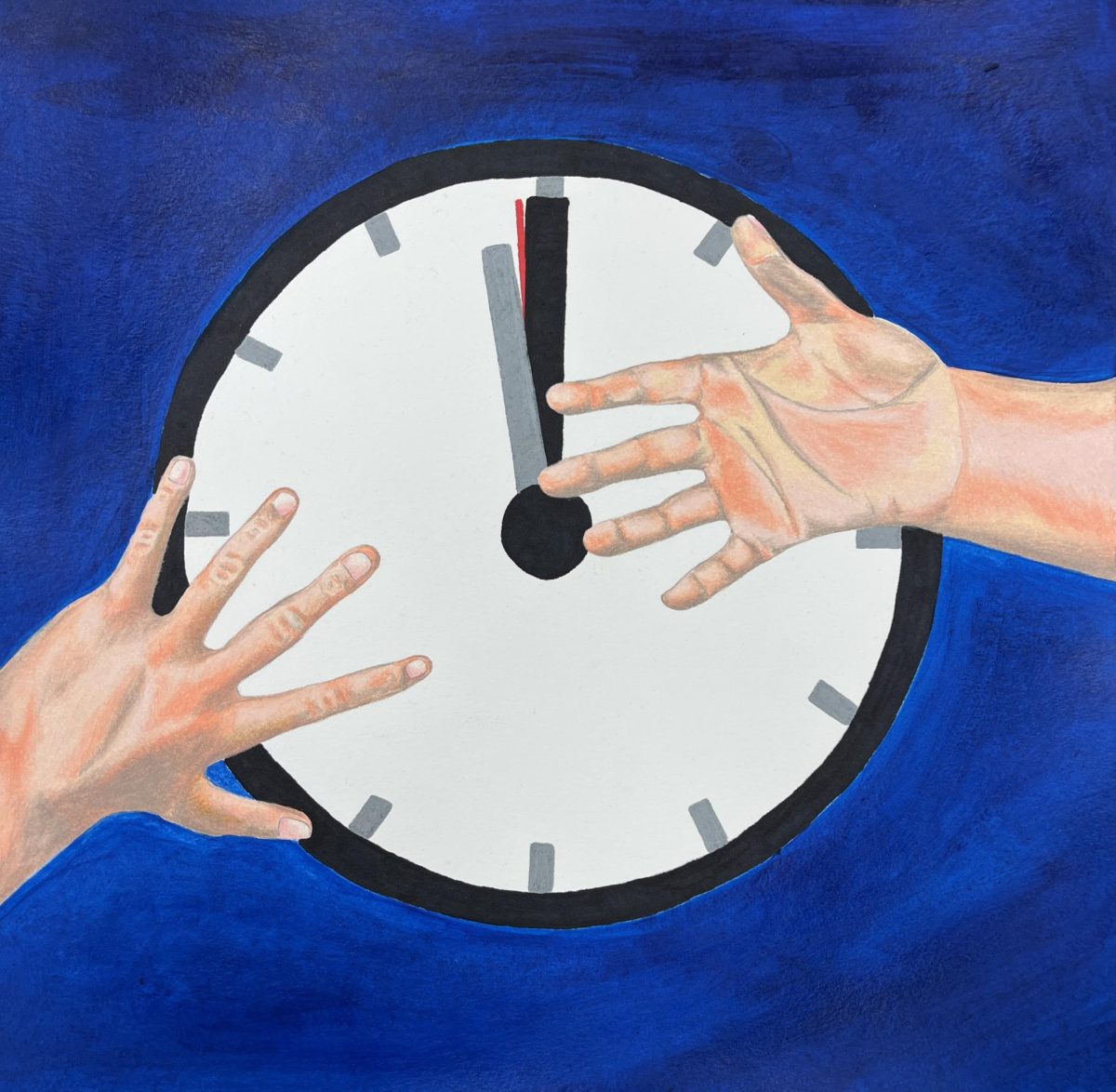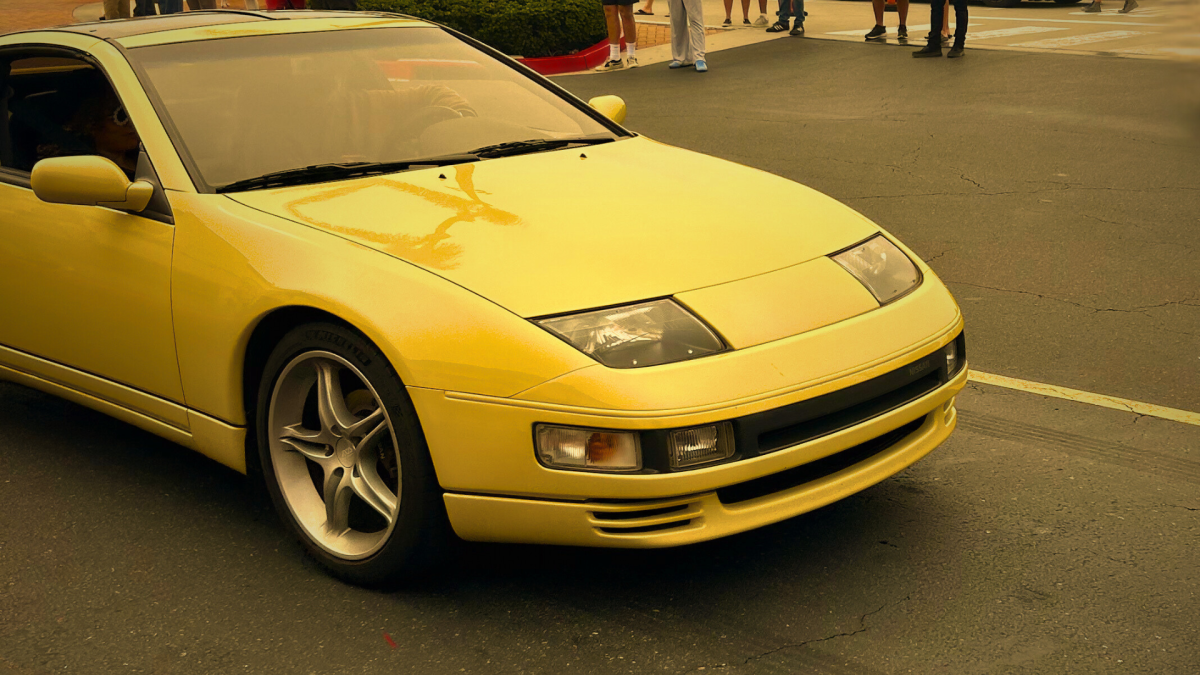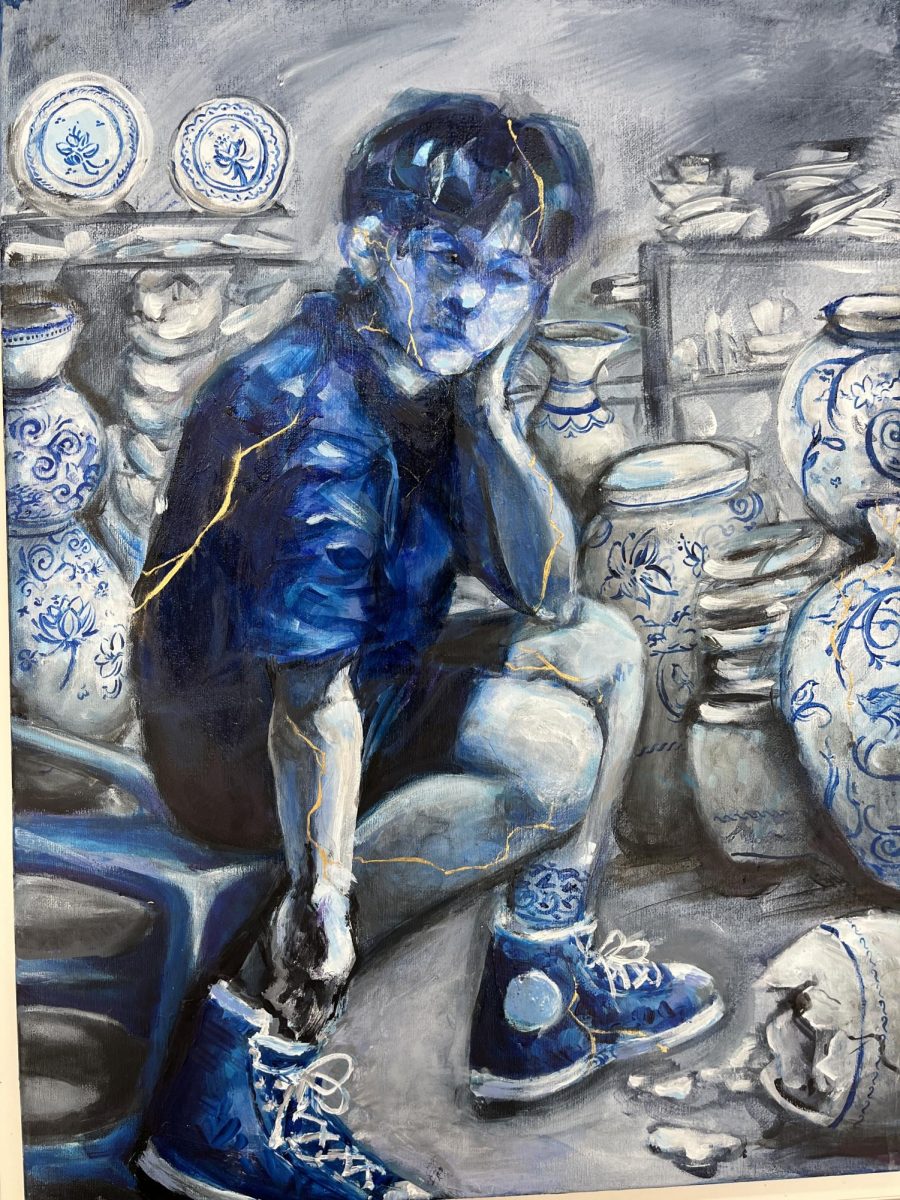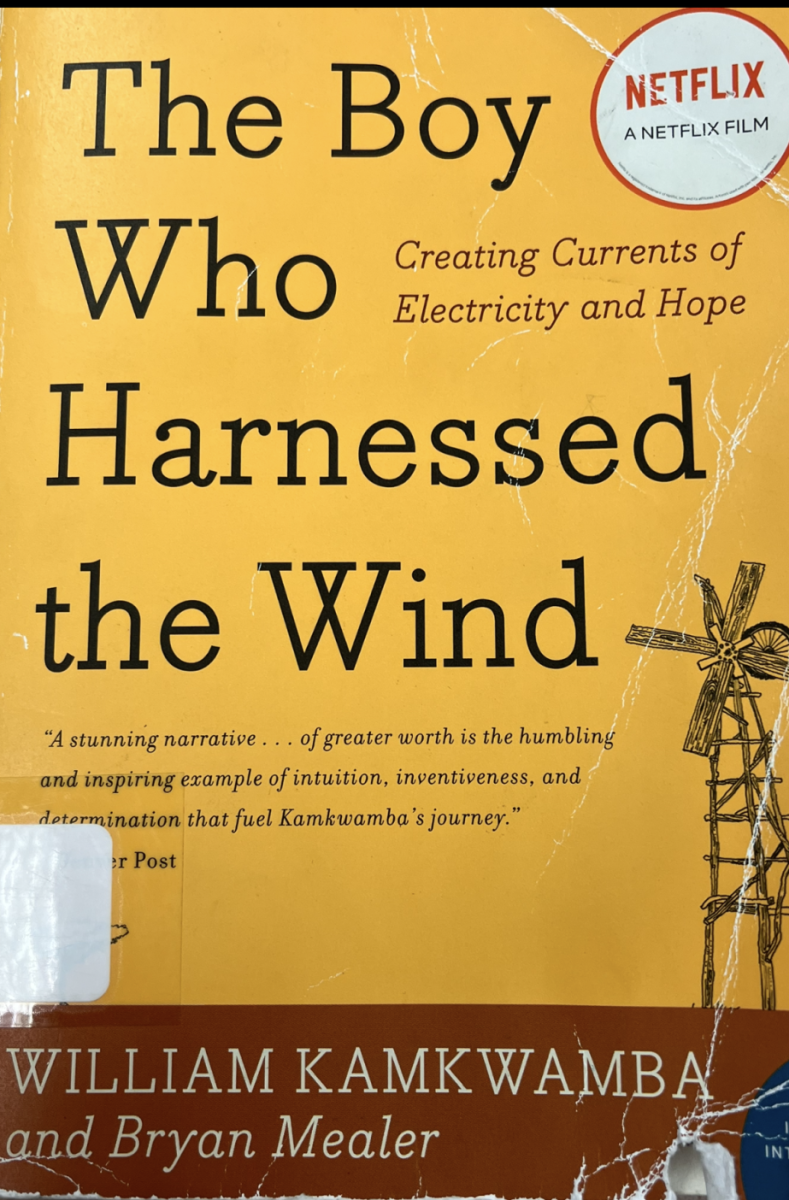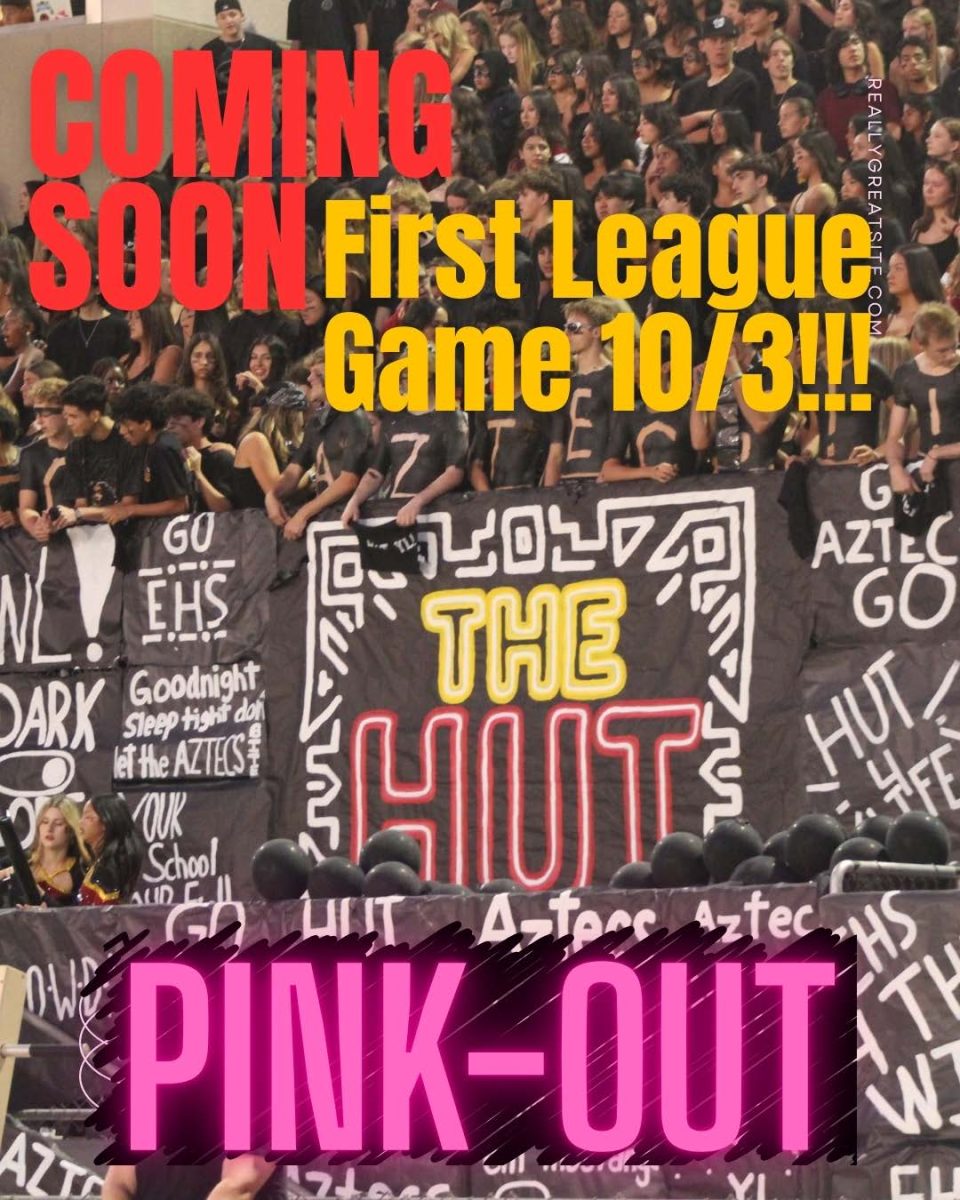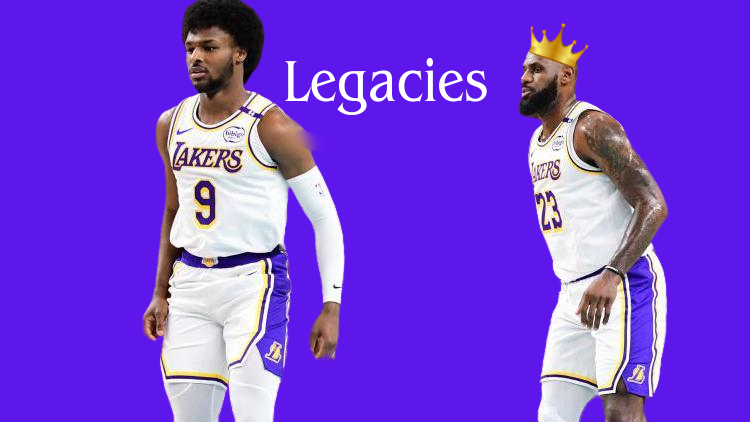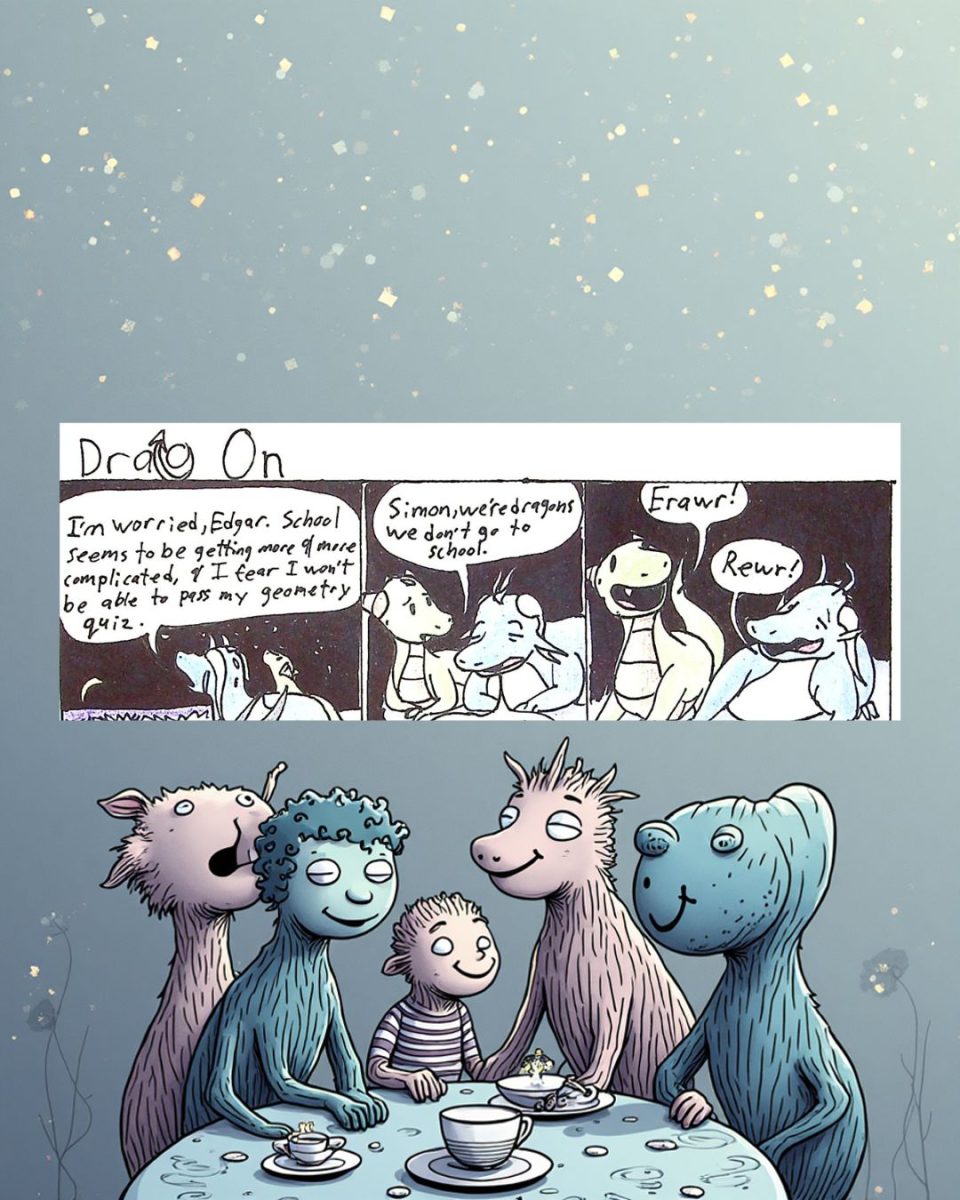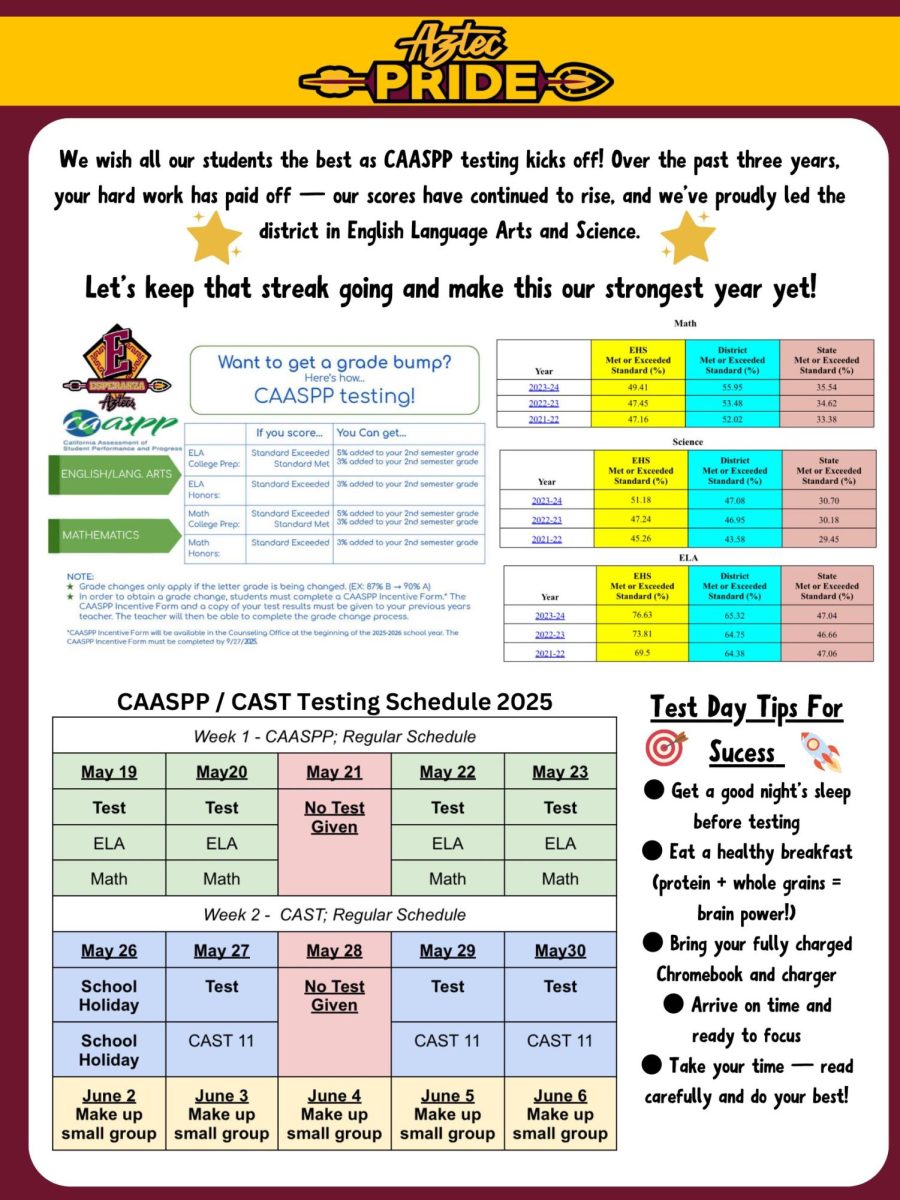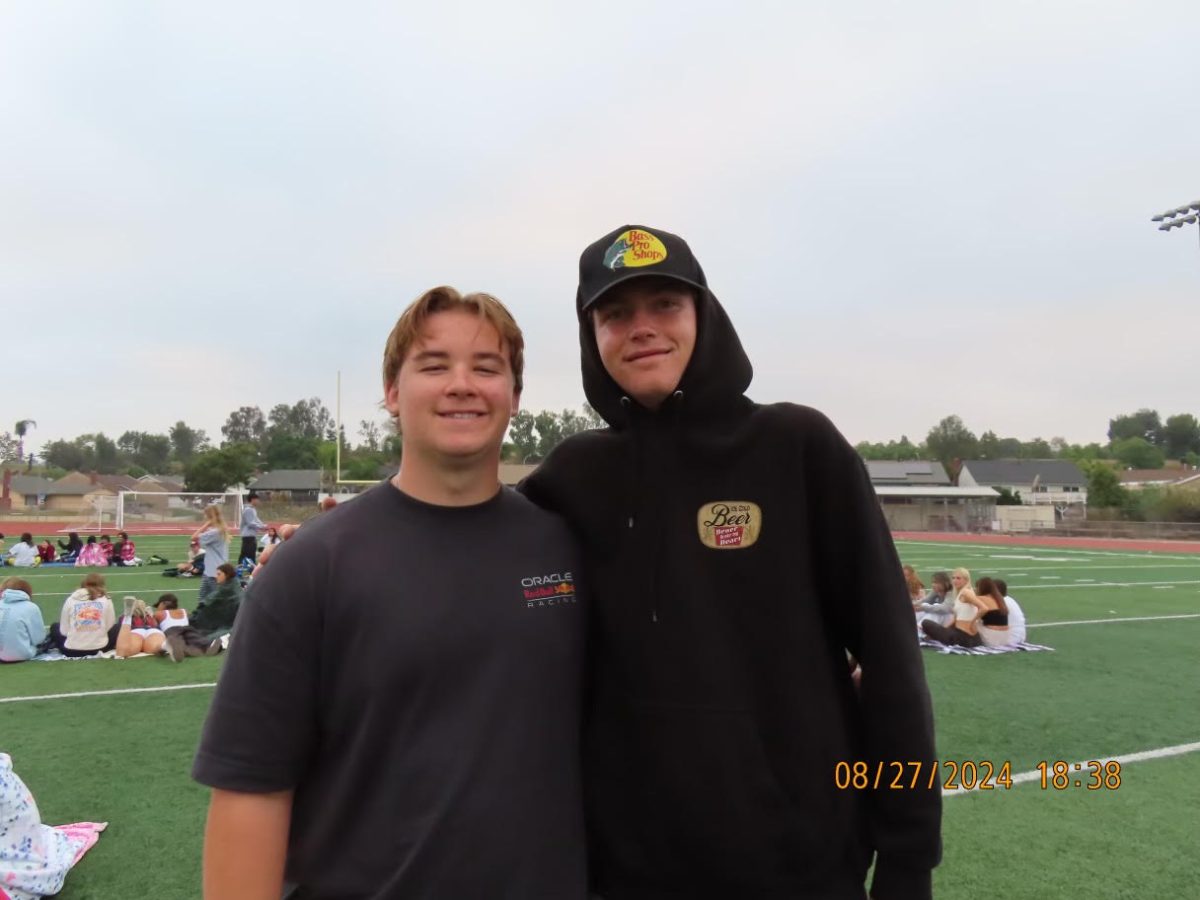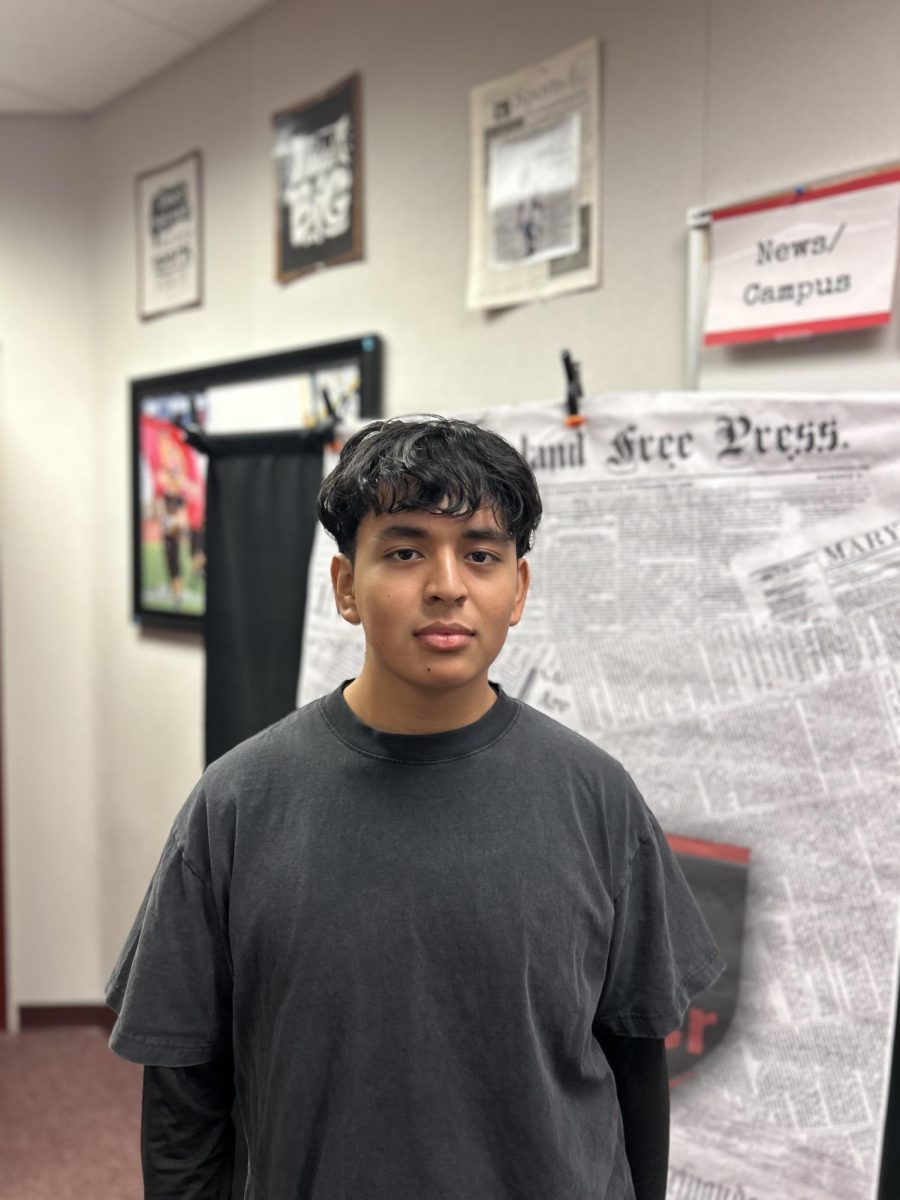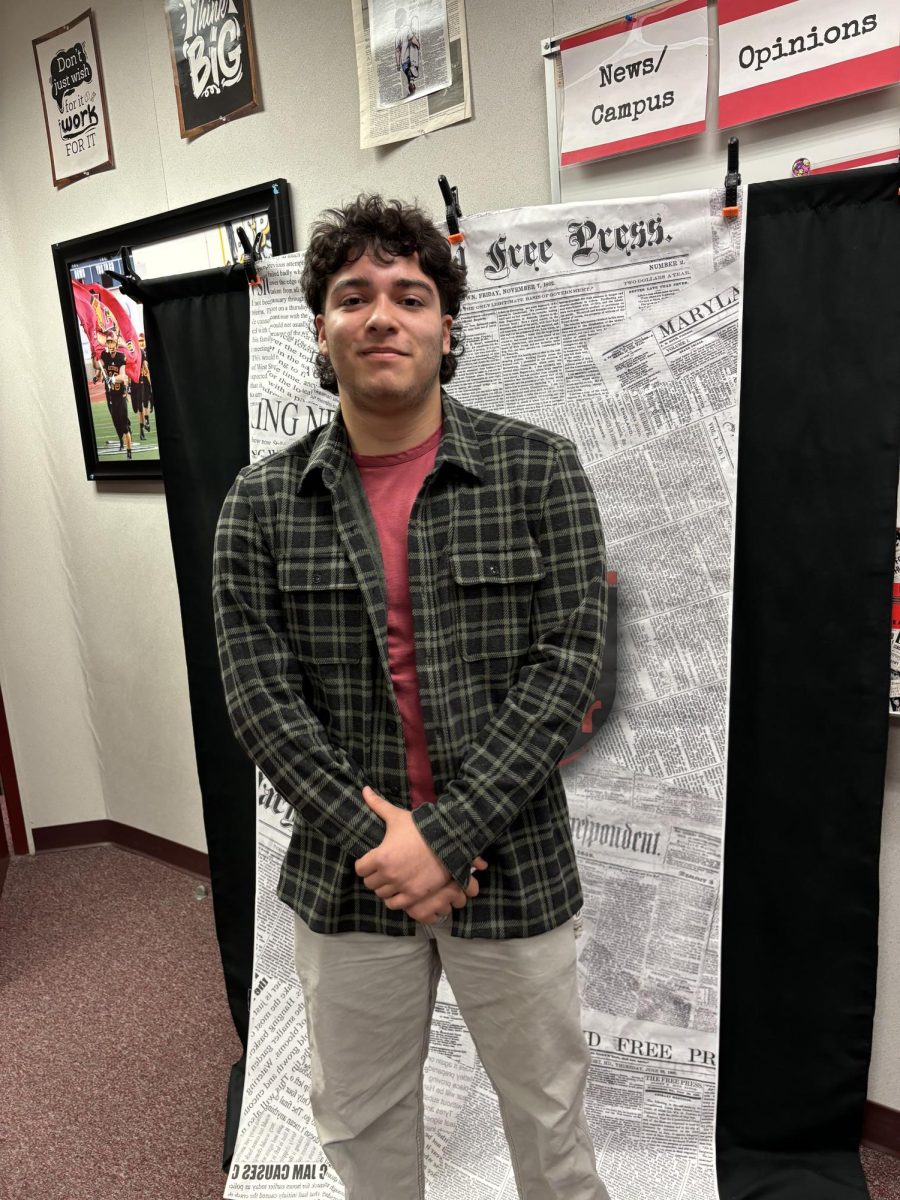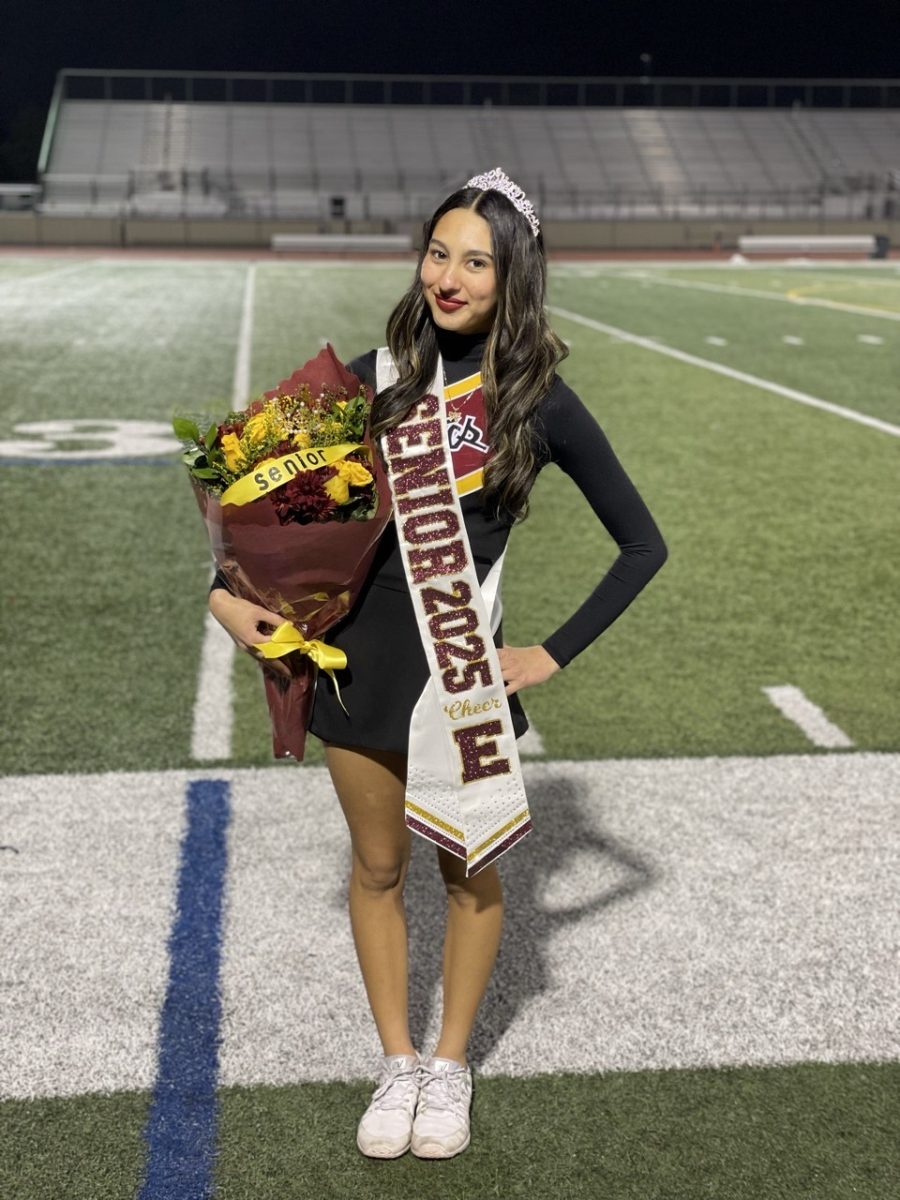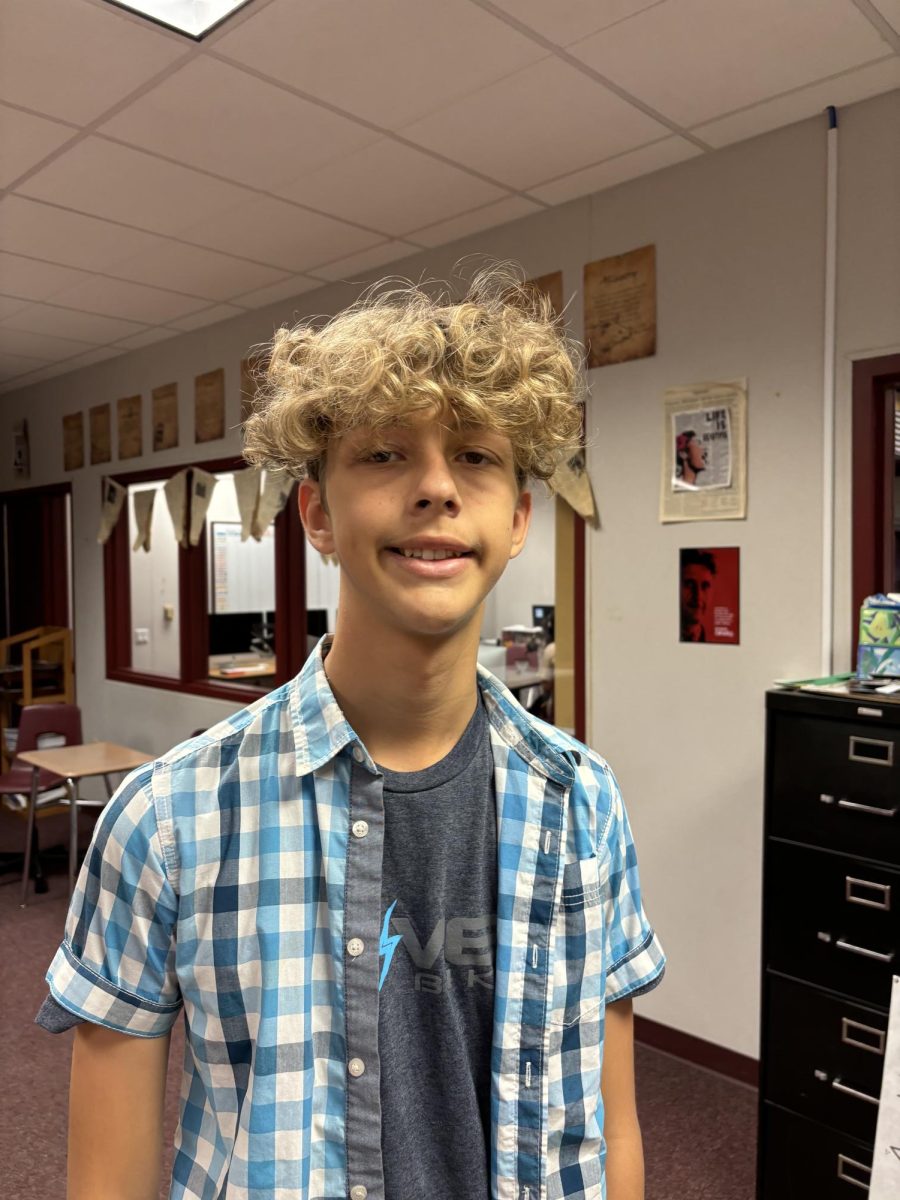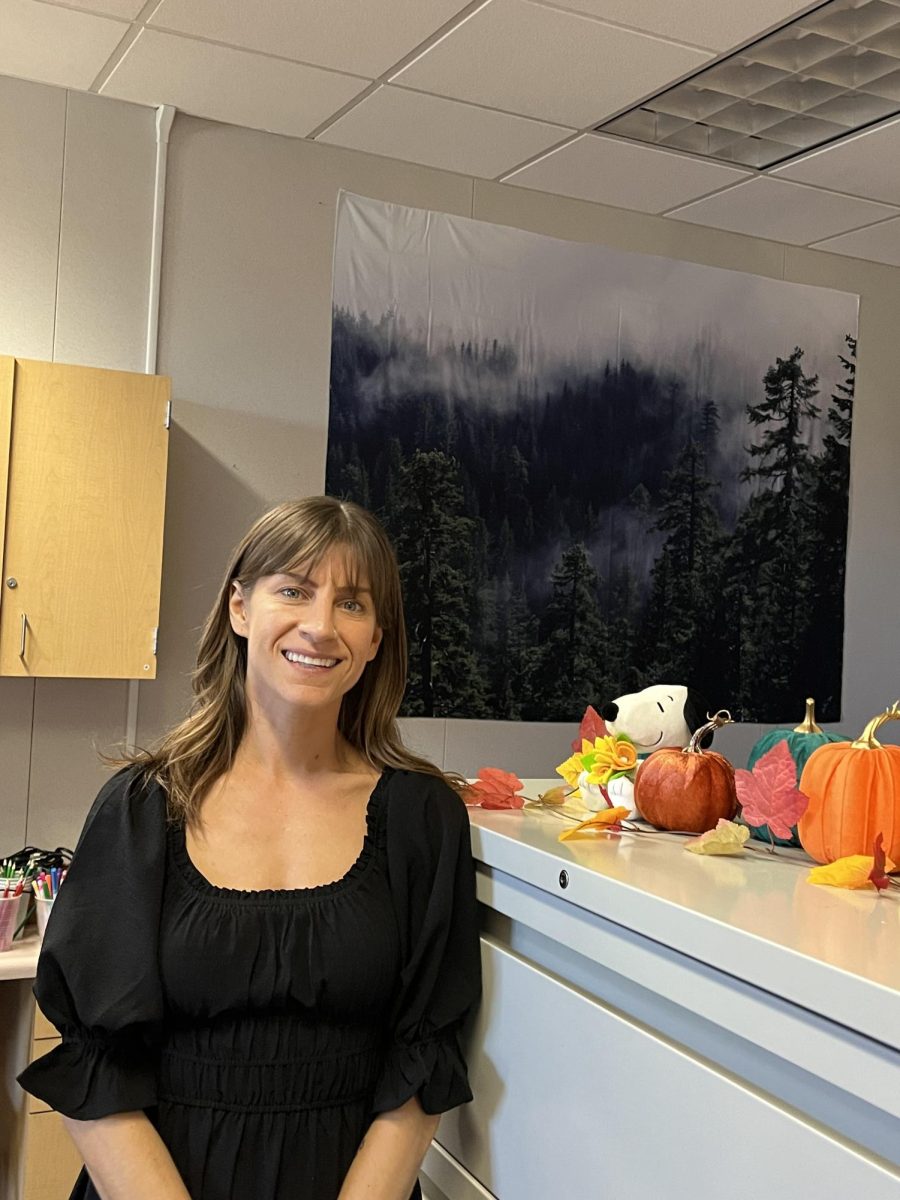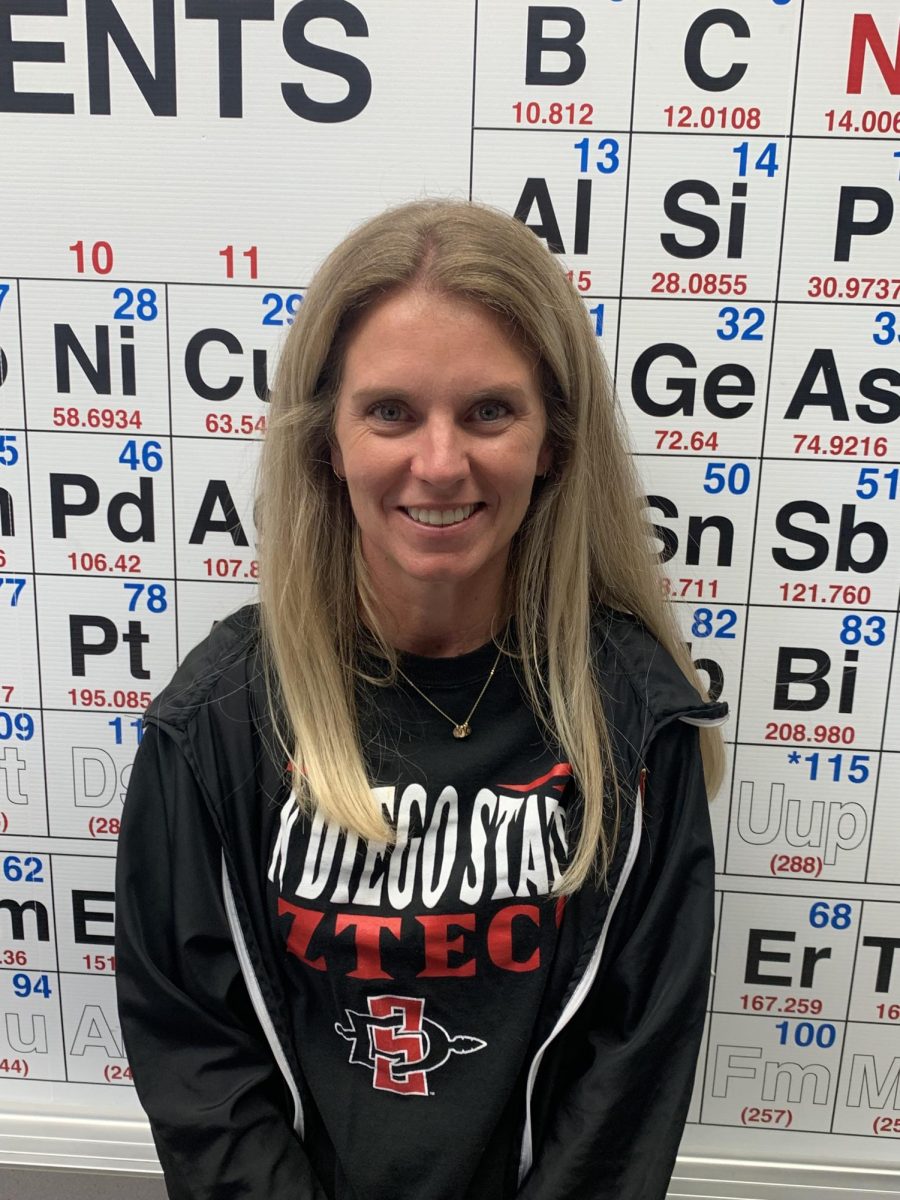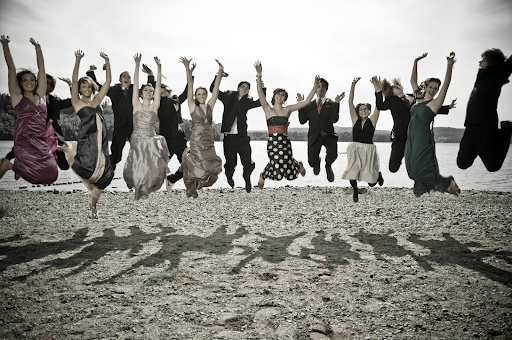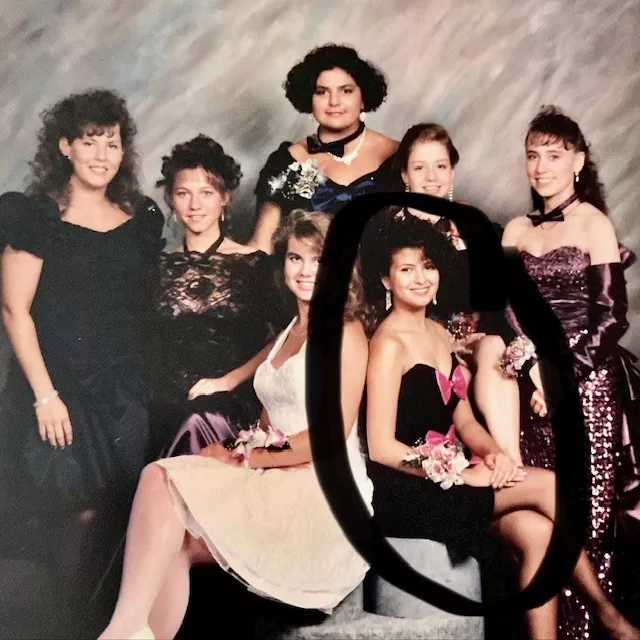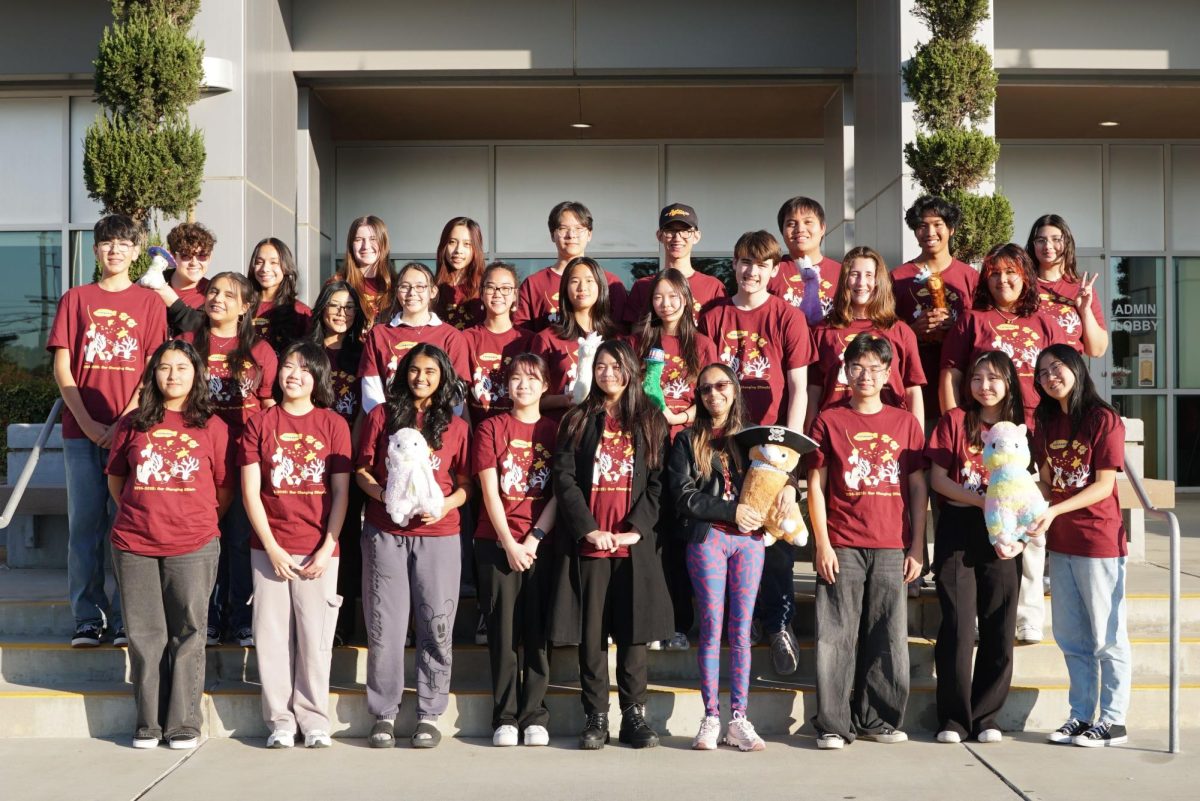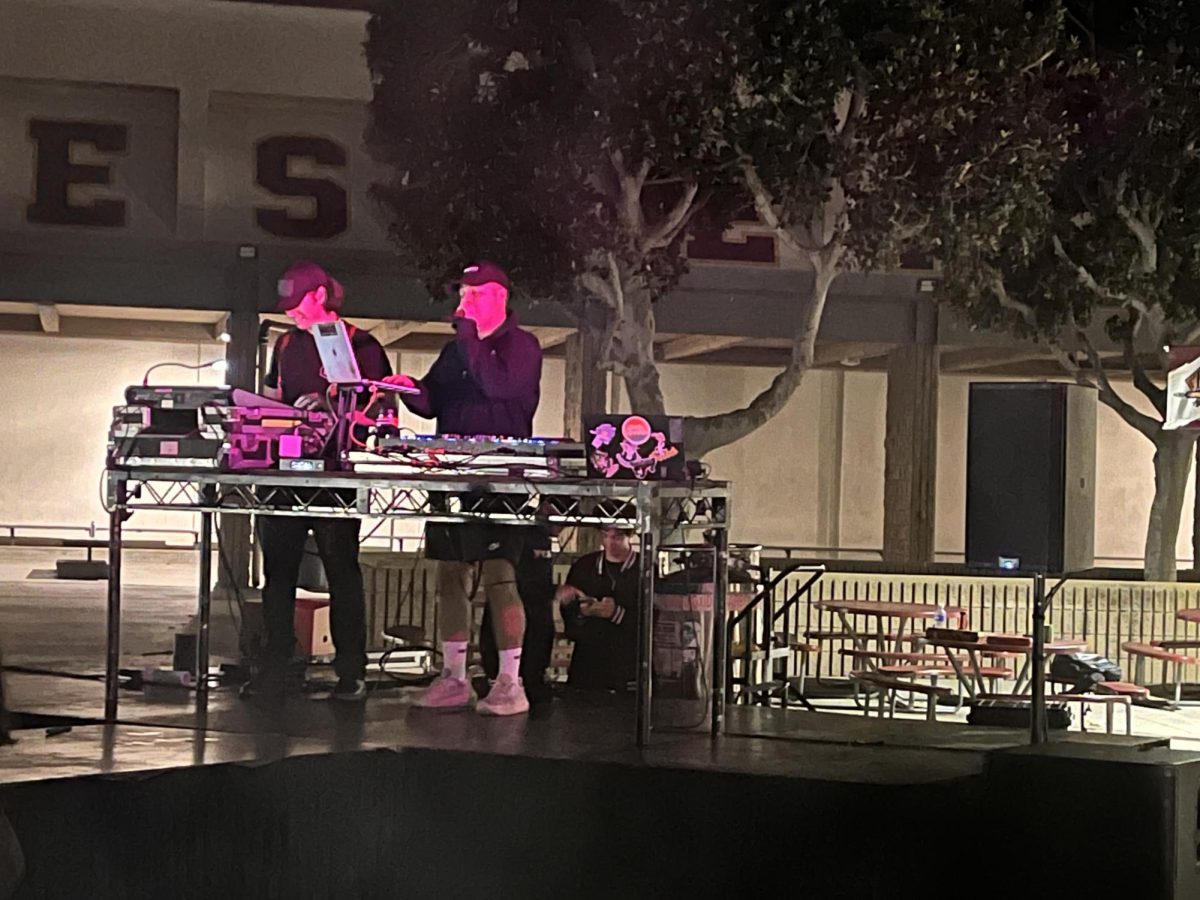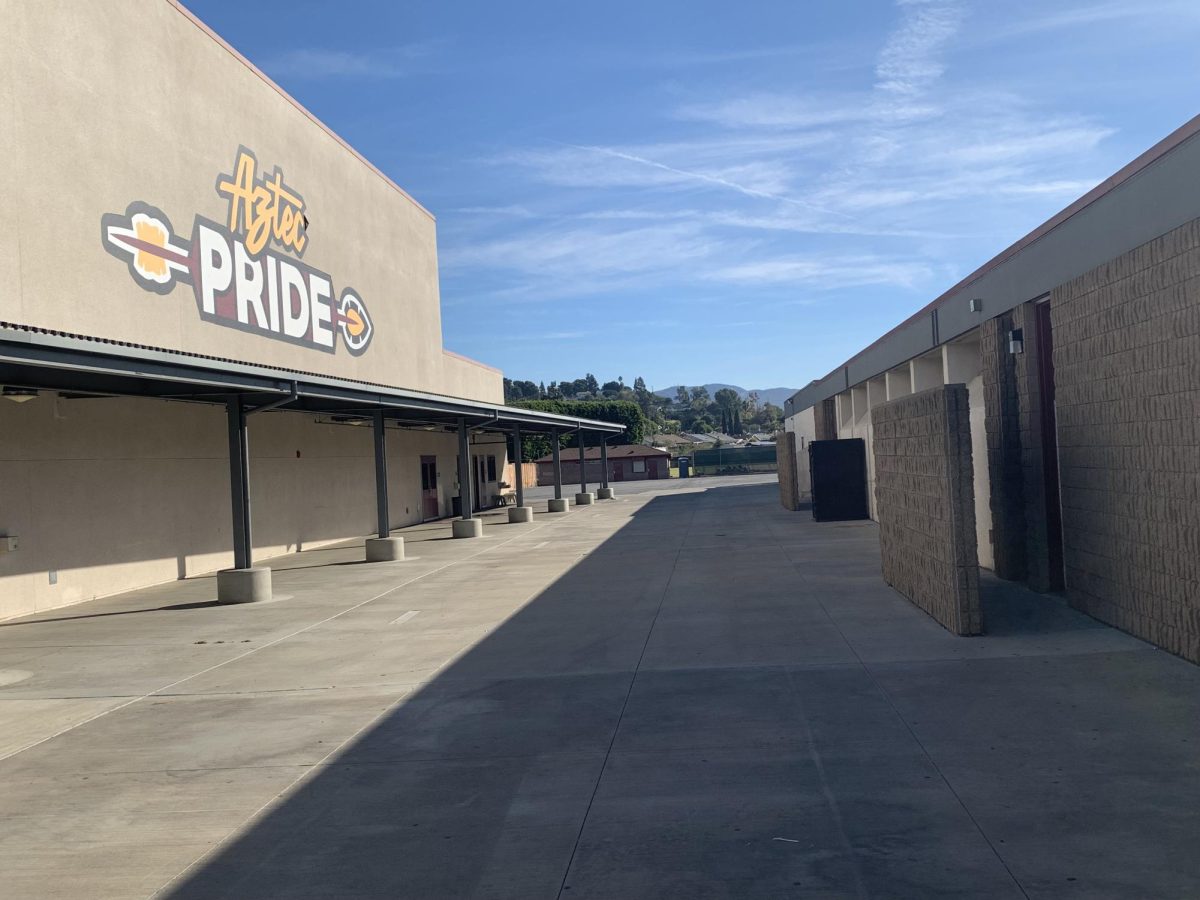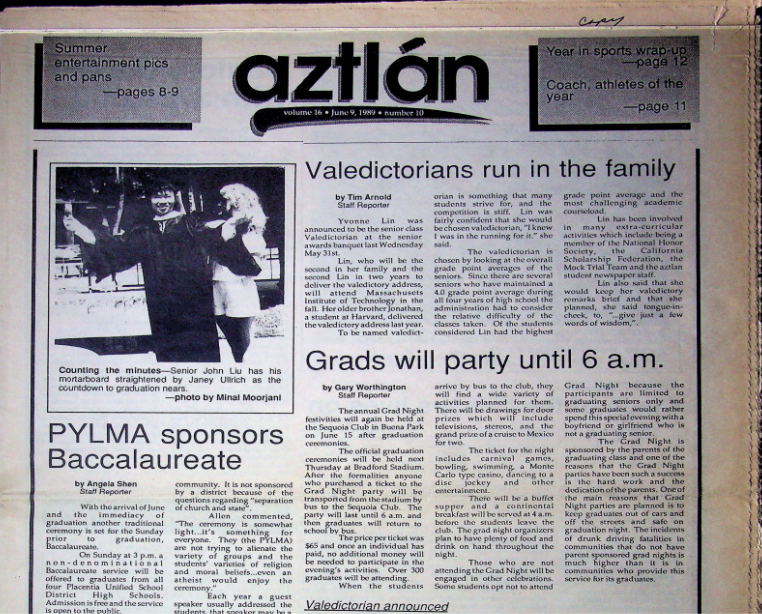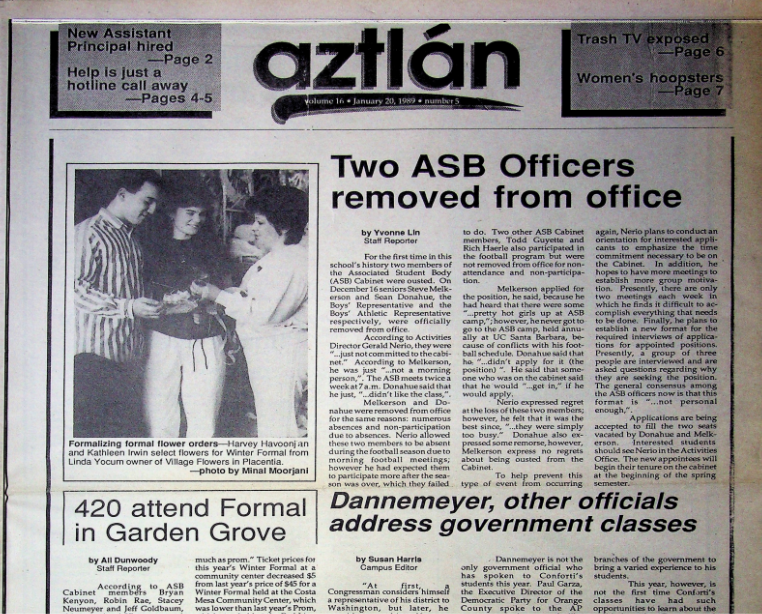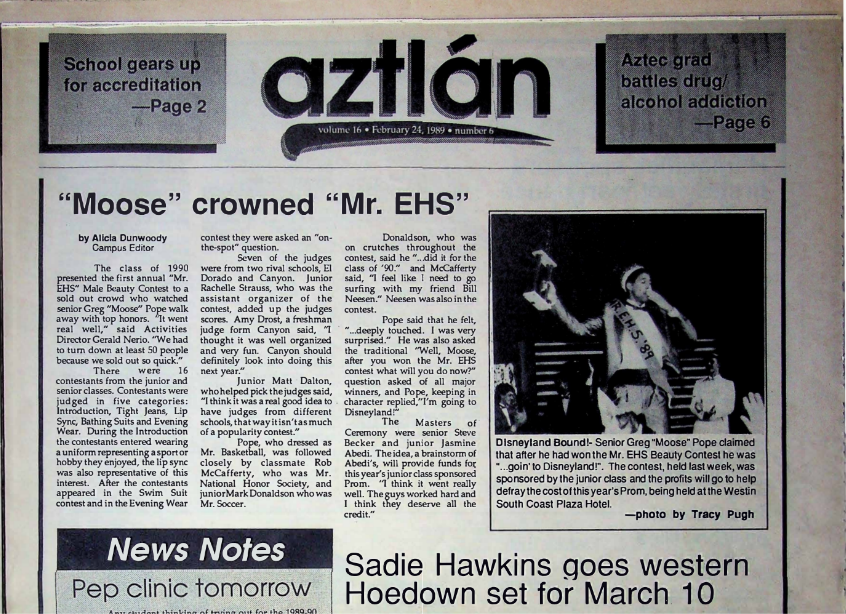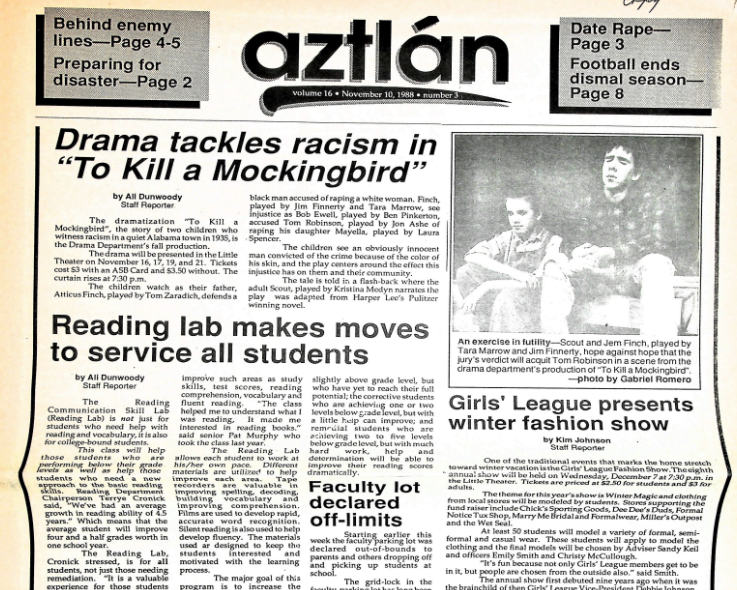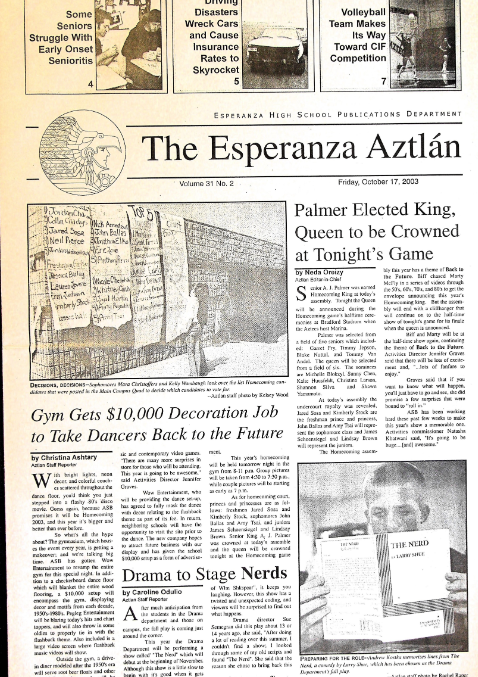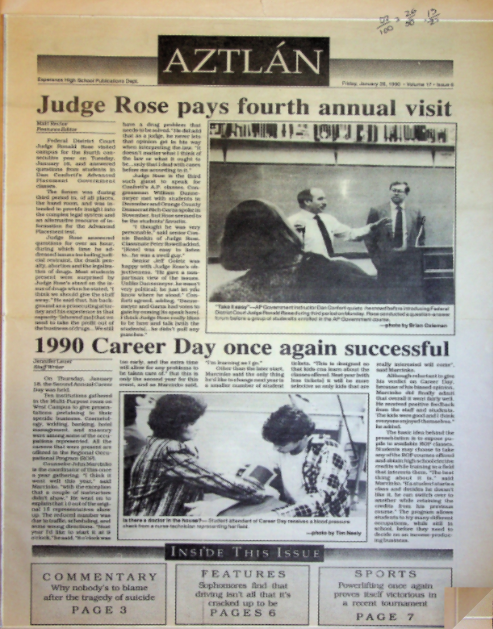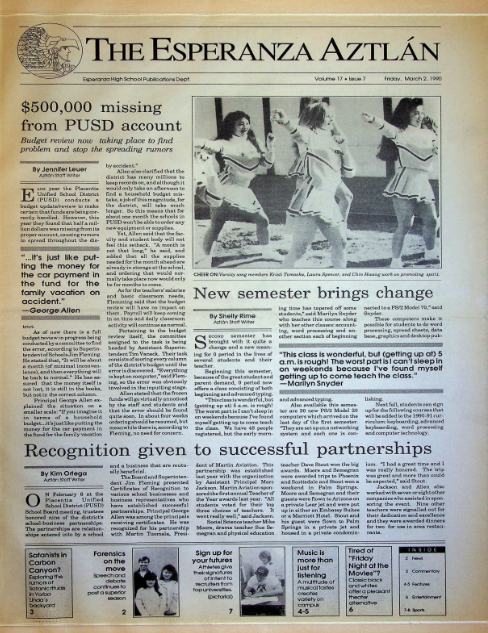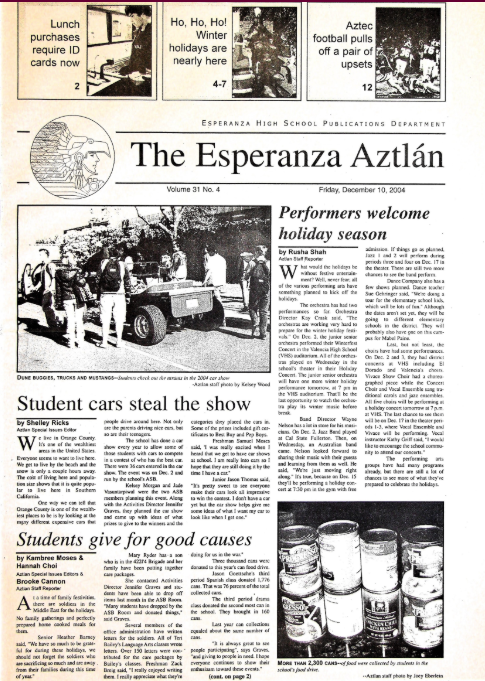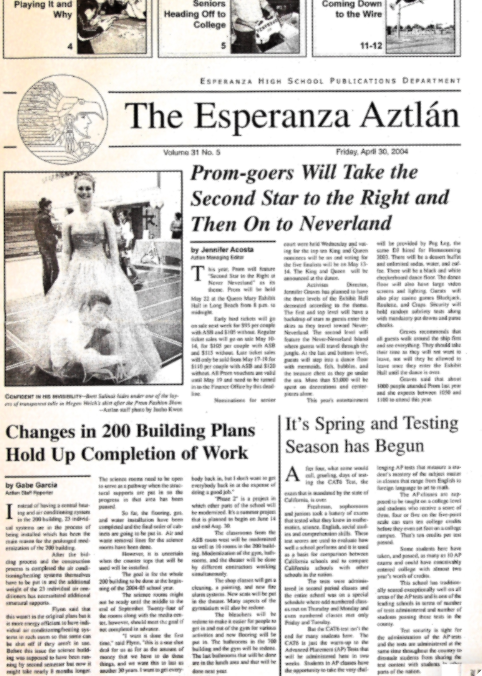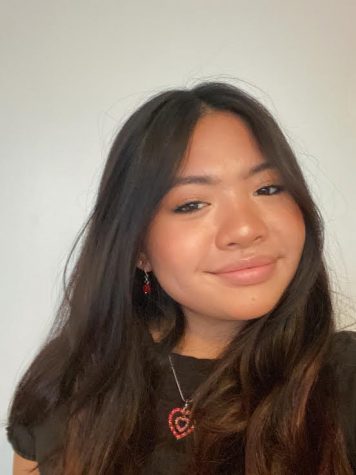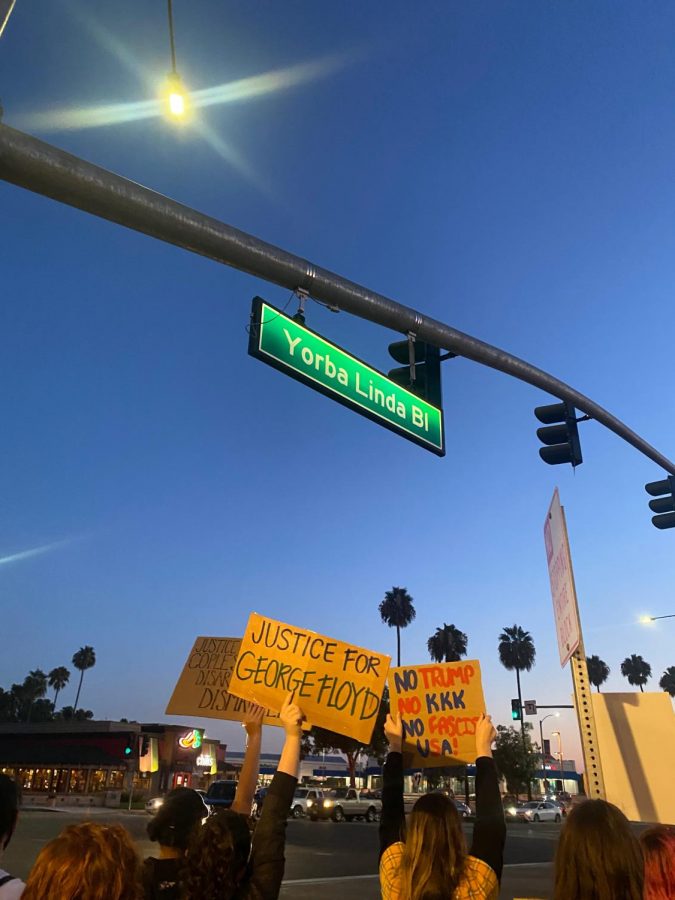We The Future
Change begins one person at a time, and if we all better ourselves and work to better systems, change is bound to happen.
It seems like every week there is another tragic news broadcast or Twitter top story giving off the name of another tragic death in a minority community. For every one step forward, we seem to take one step back. Isn’t everyone tired of this? When will people wake up and realize that these issues are not ones that can just be pushed aside?
On Tuesday, April 20, Derek Chauvin, the former Minneapolis Police officer that was filmed with his knee on George Floyd’s neck last year, was convicted of second-degree unintentional murder, third-degree murder and second-degree manslaughter. As we all celebrated this victory for the Black Lives Matter Movement, it’s hard not to reflect on the conversation all this has brought on. This success was only one in hundreds of cases relatively similar to Floyd’s. Why was this time different from others? Why was this event so controversial when there was literal video evidence showing the crime?
The victory and joy were short lived though, as at the same time Chauvin was receiving his guilty verdict, a 16-year-old Black teen, Ma’Khia Bryant, was fatally shot in Ohio by police. She had called 911 when someone was attempting to attack her, but when police showed up to the scene seeing Bryant with a knife, she was sadly shot and killed. Though the investigation is still ongoing, it is clear that the conversation and outcome of Chauvin’s trial is not the end of this fight for justice and equality.
Bryant was not the only life that was tragically lost these past couple of months either. Daunte Wright was killed on April 11 in Minneapolis during a traffic stop. Police officer Kim Potter, who apparently had meant to tase Wright, ended up shooting him in the chest. While accidents happen, Potter had been on the force for 26 years and tasers are kept on the non dominant side of the officer’s body, not to mention tasers are a different color and size than a gun. So how does someone with so much experience make a mistake this grave?
Sadly, it doesn’t end there. Adam Toledo, a 13-year-old Latino, was shot within 20 seconds of the officer getting out of his car. Released footage shows Toledo being killed within 3 seconds of him being told to put his hands up. This incident is just added to a long list of times police used excessive and unnecessary force which resulted in death, this time another child.
These names are just a few of the most talked about this month. Every day there are stories of people in the BIPOC (Black, Indigenous, and People of Color) communities that are being mistreated, attacked and killed by the hands of police or by fellow Americans.
Looking globally, there has also been an influx of violence outside of our borders. However, this does not mean that the United States does not have a large impact on the outcome. This past month, there has been a growth in animosity and deadly violence between Israel and Palestine. Their history goes back centuries, but as tensions grow it seems we are almost to a breaking point.
On Saturday, May 15, thousands of protesters in Westwood gathered to show support for Palestine and speak out against the large death numbers growing in Gaza. Protesters chanted for the freeing of Palestine as a few pro-Isreal protesters came to counter. There were no injuries reported or arrests, but this just goes again to prove how tired people have become with this unnecessary violence.
This protest was only one of many across the country to mark the 73rd anniversary of the Palestinians’ removal in the first Arab-Israeli war in 1948. Though conflict may have started centuries ago, Palestinians are still suffering from colonization, land theft and loss of their basic rights. Protesters are calling for the United States to stop giving military aid to Israel, to remove the United States Embassy from Jerusalem and undo former President Trump’s support of Jerusalem as Israel’s capital.
President Joe Biden has encouraged that violence de-escalates but has also publicly backed Israel’s right to protect itself. This has angered many pro-Palestine supporters since they see Biden’s statement as an endorsement for Israel’s consistent attacks and oppression of Palestinians.
Now you may be thinking, “I am just a teenager. How does this even affect me and how could I even help?”, and to that I say, this affects you more than you would think, and there are plenty of ways you can help.
I know it sounds cliche, but we teenagers really are the future of the world. We have the power to make the change we want to see. Time has shown that young people can make an impact and use their voices to advocate for things they believe in. Just look at Greta Thunberg who has a Hulu documentary or Amanda Gorman who recited a poem at this year’s presidential inauguration. I know most of us aren’t hell bent on being famous public activists like them, but there are many different ways you can help.
The number one way you can help is by being educated. It is our responsibility as citizens to be educated on matters of the world beyond the classroom. By being aware and learning, you can find an opinion and a voice on things that matter. Being able to be educated on global problems is a privilege and one you should use to your full advantage. It is important that we are all open to new ideas and listening to what each other has to say, so we can grow to understand one another and the struggles everyone faces.
It is clear that issues of police brutality, racism and oppression aren’t just going to disappear overnight. This is a battle BIPOC have been fighting since the creation of America, and quite frankly we are all tired of seeing the same stories over and over again, so why don’t we do something to change it? America is also a global influence, so it is also our duty to support those being wrongly attacked and call out injustices, not just within our own borders, but outside too. This is our country, let us make it fair and welcoming to everyone and advocate for the liberties we pride ourselves on.
Please, go educate yourself, sign petitions, make donations, go to protests, speak out on social platforms and reflect on your own life. Change begins one person at a time, and if we all better ourselves and work to better systems, change is bound to happen. Let us, this next generation, make the phrase “with liberty and justice for all” something that is evident and true.

